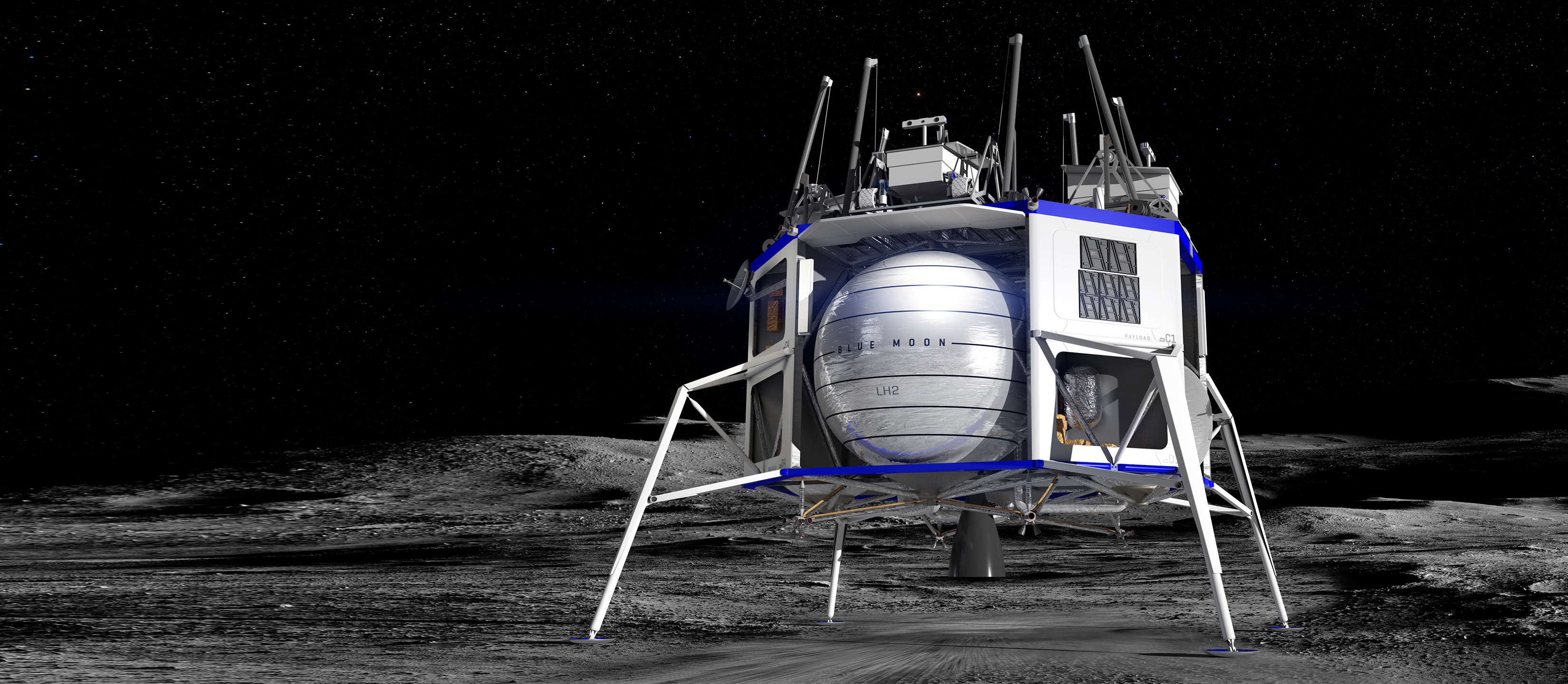NASA has added five companies to the list of vendors that are cleared to bid on contracts for the agency’s Commercial Lunar Payload Services (CLPS) program. This list, which already includes nine companies from a previous selection process, now adds SpaceX, Blue Origin, Ceres Robotics, Sierra Nevada Corporation and Tyvak Nano-Satellite Systems. All of these companies can now place bids on NASA payload delivery to the lunar surface.
This basically means that these companies (which join Astrobotic Technology, Deep Space Systems, Draper Laboratory, Firefly Aerospace, Intuitive Machines, Lockheed Martin Space, Masten Space Systems, Moon Express and OrbitBeyond) can build and fly lunar landers in service of NASA missions. They’ll compete with one another for these contracts, which will involve lunar surface deliveries of resources and supplies to support NASA’s Artemis program missions, the first major goal of which is to return humans to the surface of the Moon by 2024.
These providers are specifically chosen to support delivery of heavier payloads, including “rovers, power sources, science experiments” and more, like the NASA VIPER (Volatiles Investigating Polar Exploration Rover), which is hunting water on the Moon. All of these will be used both to establish a permanent presence on the lunar surface for astronautics to live and work from, as well as key research that needs to be completed to make getting and staying there a viable reality.
NASA has chosen to contract out rides to the Moon instead of running its own as a way to gain cost and speed advantages, and it hopes that these providers will be able to also ferry commercial payloads on the same rides as its own equipment to further defray the overall price tag. The companies will bid on these contracts, worth up to $2.6 billion through November 2028 in total, and NASA will select a vendor for each based on cost, technical feasibility and when they can make it happen.
Blue Origin founder Jeff Bezos announced at this year’s annual International Astronautical Congress that it would be partnering with Draper, as well as Lockheed Martin and Northrop Grumman, for an end-to-end lunar landing system. SpaceX, meanwhile, revealed that it will be targeting a lunar landing of its next spacecraft, the Starship, as early as 2022 in an effort to help set the stage for the 2024-targeted Artemis landing.
